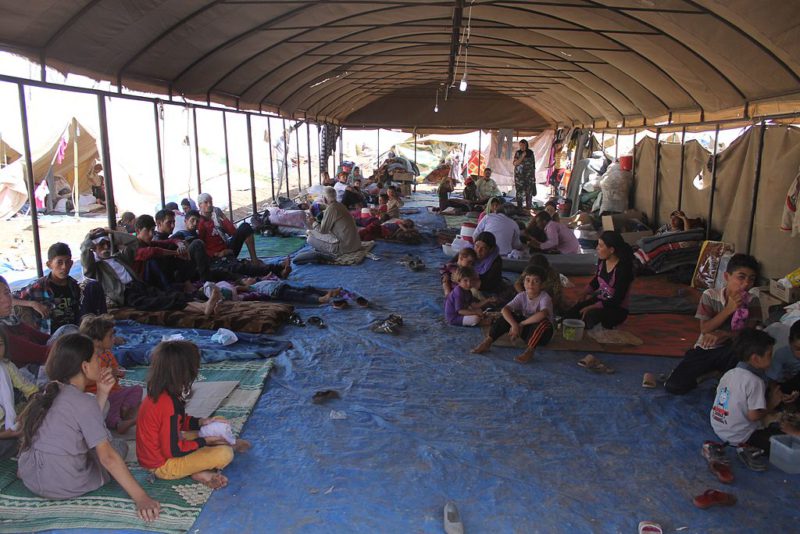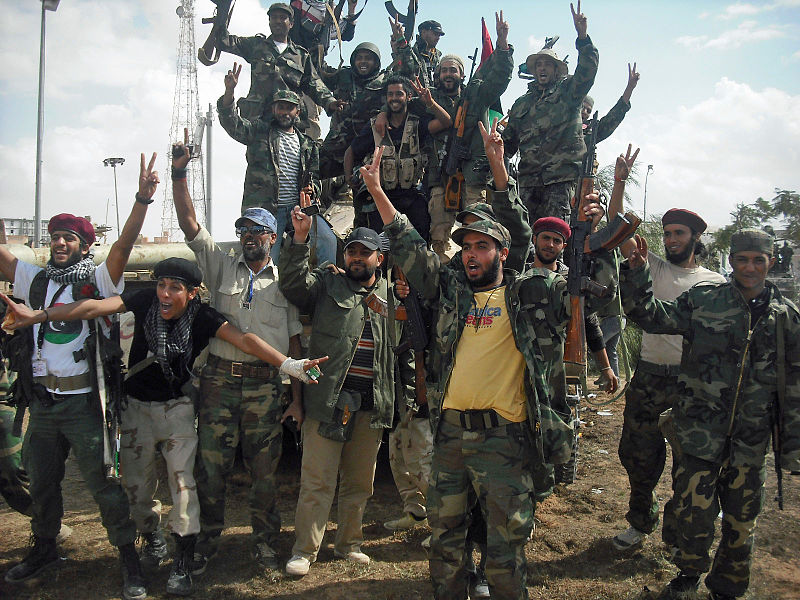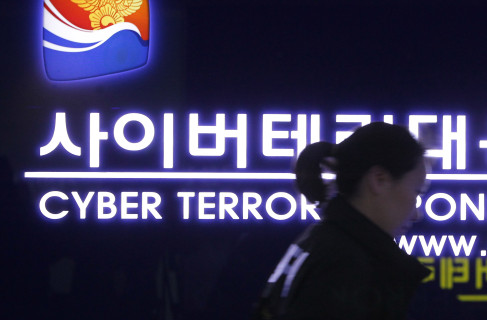In August 2014, the Islamic State (ISIS) captured Mount Sinjar in northern Iraq and began a systematic slaughter of the Yazidi religious minority in Syria and Iraq. In June 2016, the United Nations (UN) acknowledged that the systematic rounding up of the Yazidis in an effort to “erase their identity” meets the definition of genocide under the 1948 UN Convention on Genocide. Canadian Foreign Affairs Minister Stéphane Dion subsequently supported the UN’s stance on the issue.
The Yazidis are based mainly in northern Iraq, Syria, and now Germany. Estimates show there are somewhere between 70,000 and 500,000 Yazidis worldwide. The Yazidis have a 6,000-year-old culture that draws on a mix of Mesopotamian traditions rather than one that follows a holy book. Jihadists consider the Yazidi people to be “devil worshippers” and regard them as “the worst sort of infidels” due to their syncretic religion. The relationship between Yazidis and Muslims has always been tense, as many Muslims despise Yazidis and many Yazidis do not feel safe around Muslims.
During August 2014, ISIS fighters killed more than 5,000 Yazidis, abducted over 3,600 women and sold them into sexual slavery, and drove over 500,000 from their ancestral lands. While there was some international response at the time, it has not been enough. With the help of U.S. air strikes that same month, many Yazidis were able to flee Iraq’s Nineveh Plain districts and find shelter in camps controlled by the Kurdish Regional Government in Iraq. While the immediate international response provided a moment of hope for many Yazidis, the action was brief and the U.S. pulled back after only a few months.
The evidence of genocide is clear-cut. There are mass graves, eyewitnesses, as well as postings online from ISIS filming its massacres. ISIS has also been very clear about its intentions towards the Yazidi people. An article in Dabiq, an ISIS newsletter, states that the “continual existence” of the Yazidi people is a matter Muslims should question as they will be asked about it on Judgment Day. Additionally, a leaflet explains how enslaving infidel women is in accordance with Islamic law, stating that it is permissible to beat, have intercourse with, as well as buy, sell, and gift female captives as they are “merely property”.
Since the evidence of genocide is overwhelming, many international groups, including the UN, have acknowledged that it is occurring. However, not enough has been done to help the Yazidi people and give them justice. It is estimated that about 4,800 women and children are still being held captive by ISIS, and about 85% of the Yazidi population are currently global refugees. Paulo Pinheiro, Chairman of the Independent International Commission of Inquiry on the Syrian Arab Republic, said in a statement, “The crime of genocide must trigger much more assertive action at the political level, including at the Security Council.” Pinheiro also emphasized the obligation that the international community has under the 1948 Genocide Convention to take action.
There are two particular individuals who are determined to bring ISIS to court and provide justice for the Yazidi people. Nadia Murad was 21-years-old when ISIS fighters arrived in Kocho, a Yazidi village in Iraq where she lived. The ISIS fighters brought everyone to the village school and separated the men from women and children. The men and older women were murdered while the young women and children were forced on buses and taken to Mosul. Many of the younger boys would be forced to convert to Islam, while the women and girls were sold as slaves. Murad was sold to a jihadist who raped and punished her daily. Eventually, she was able to escape and found sanctuary in Germany. Stories like Murad’s are common among Yazidis, although many have a less fortunate ending. Murad has become a symbol of survival for the Yazidi people as she is willing to testify publicly and repeatedly about her harrowing experience as a slave of ISIS.

Amal Clooney, an international and human rights lawyer, has taken on Nadia Murad as a client and they are determined to bring ISIS leaders to stand trial before the International Criminal Court (ICC) or a hybrid court backed by the UN and Iraqi government, as long as it meets international standards of justice. When speaking about why it is so important that the Yazidi people obtain international justice, Clooney claims it is “important you don’t just turn the page without people being held to account”. Right now Clooney is focused on gathering as much evidence as possible for the trial. She is putting forth a proposal for the United Nations Security Council (UNSC) for an “ISIS Commission”. This commission would involve sending a team to investigate crimes committed against all Iraqis, including Sunnis, Shias, Christians, and Yazidis. The investigators would also gather evidence and identify ISIS suspects who can be served with financial sanctions.
Murad and Clooney are not the first to spearhead the effort to bring the case of genocide to the ICC. Two Yazidi groups, the Free Yezidi Foundation and Yazda, submitted a report to ICC prosecutor Fatou Bensouda detailing the atrocities committed by ISIS since August 2014. Bensouda acknowledges the crimes that ISIS is committing against the Yazidi in Syria and Iraq, but calls on the international community to act as the ICC has no jurisdiction in Syria and Iraq, since they are not ICC members. However, the report argues that the ICC has jurisdiction over the 5,000-7,500 foreign fighters who have joined ISIS from ICC member states. As Amal Clooney asserts, “If the ICC can’t prosecute the world’s most evil terror group in the world, what is it there for?” This is a feeling of frustration echoed by many. In April 2015, a report from the ICC stated that the jurisdictional basis for opening a preliminary examination was “too narrow” at that time. Still, Clooney and Murad vow not to give up. They are determined to gather as much evidence as possible through testimonials and investigations so that the pressure to prosecute will become “overwhelming” for the ICC.
The Yazidi genocide highlights fundamental problems with international law that need to be fixed. As of now, there are very few deterrents to stop terror groups such as ISIS from committing crimes such as genocide, since they know any judicial actions made against them will likely be halted by geo-political roadblocks and slow action from international bodies. In the meantime, though, the international community can take action. Thousands of Yazidi refugees need help with access to hospitals, schools, and jobs, as well as psychological support for the thousands of women who have suffered trauma and sexual violence. In October 2016, Canada’s Immigration Minister John McCallum stated that the federal government would take urgent action to bring Yazidi refugees to Canada. Further to that McCallum said that his department would send a group on an expedition in Iraq to investigate the situation, gather facts, and determine a course of action regarding the genocide.
Robert Guest, foreign editor for the Economist who travelled to Iraq to meet with Yazidis in refugee camps, stated that the Yazidis he met during his trip had three basic wishes. They want to return home, they want the world to acknowledge what happened to them as genocide, and they want justice. The fulfillment of the Yazidis’ wishes lies in the hands of the international community, which needs to rally together to push ISIS out of Yazidi villages and gather enough evidence so that the ICC will have no choice but to act.
Cover Photo: Yazidi refugees (2014), by UK Department for International Development via Wikimedia. Licensed under CC BY 2.0.
In-text Photo: Nadia Murad receives Sakharov Prize for Freedom of Thought (2016), by European Union – European Parliament via Flickr. Licensed under CC BY-NC-ND 2.0.
Disclaimer: Any views or opinions expressed in articles are solely those of the authors and do not necessarily represent the views of the NATO Association of Canada.




